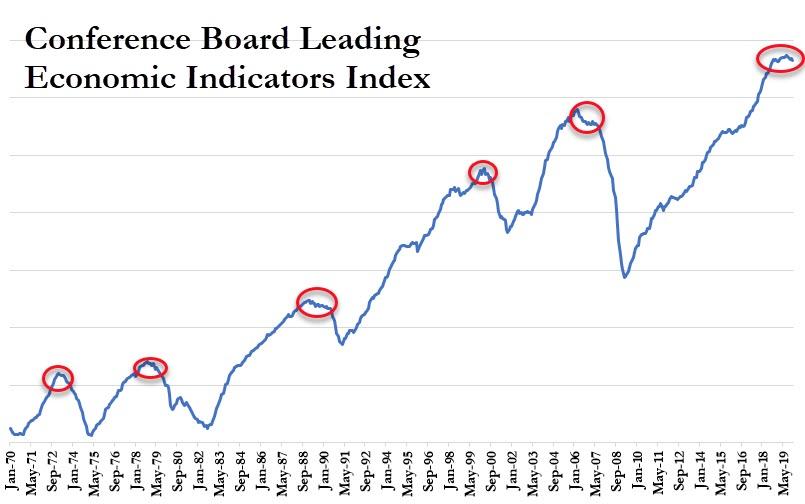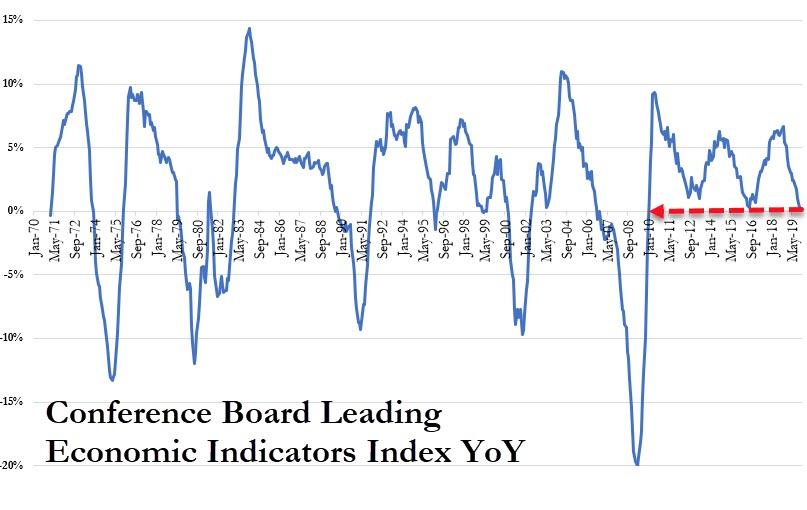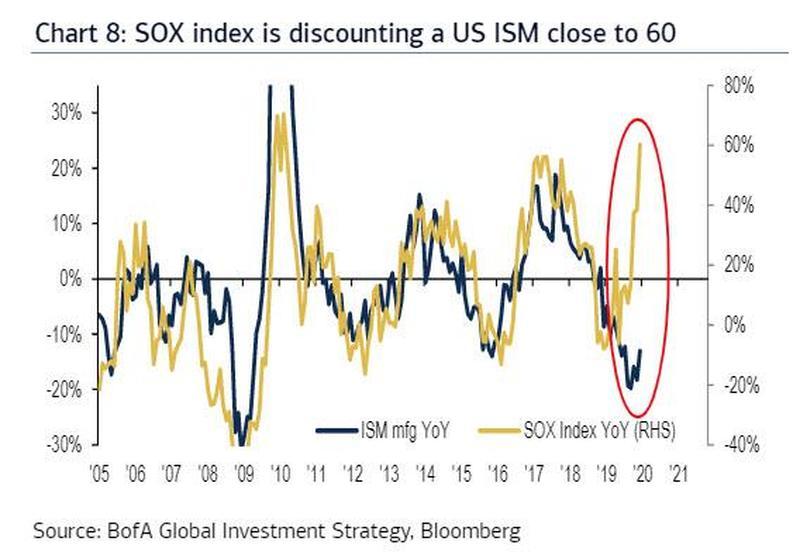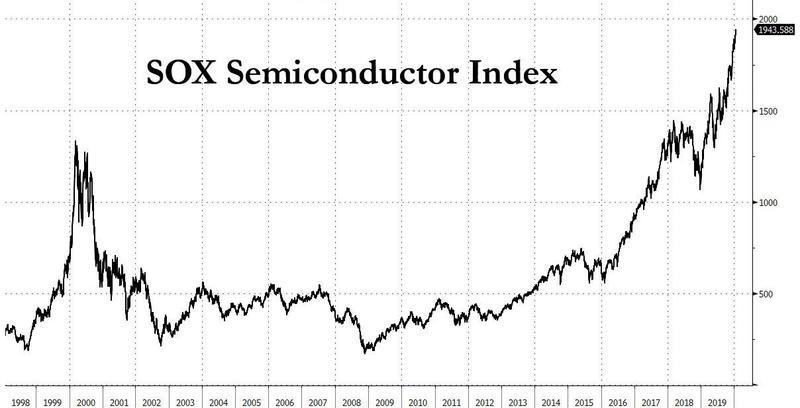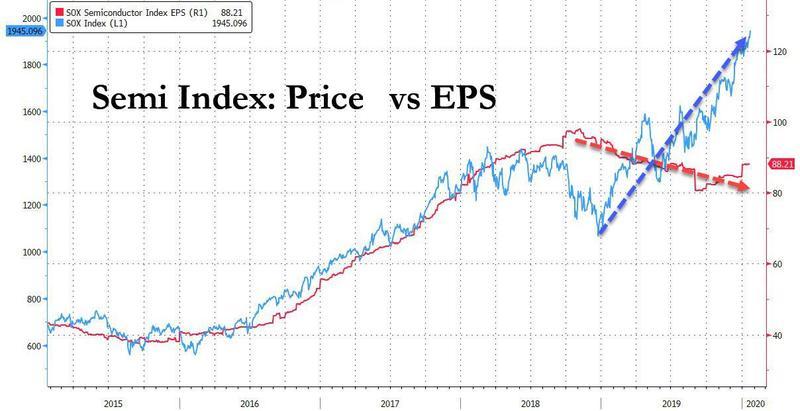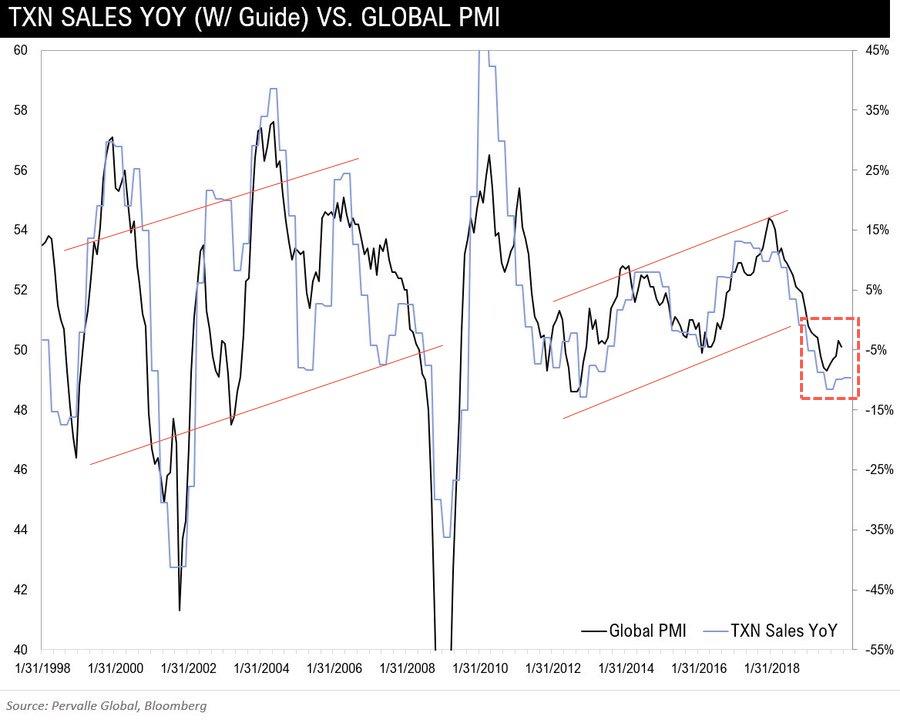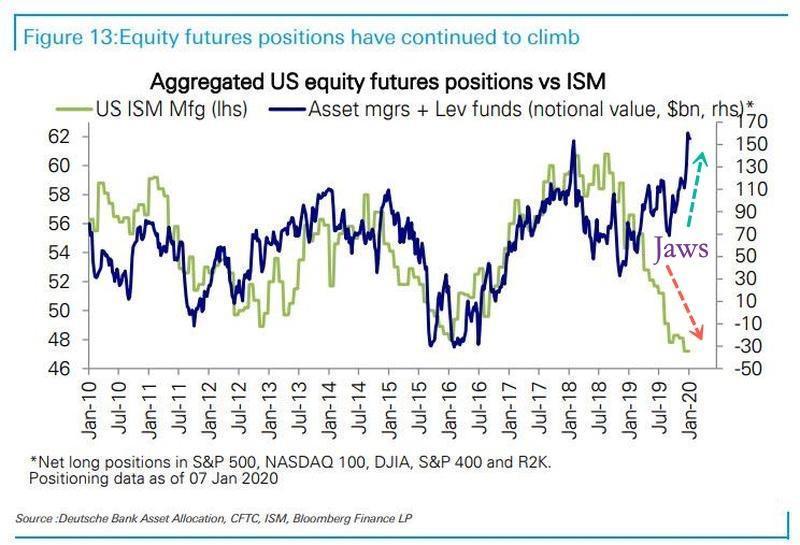“We are in the beginning of a mass extinction, and all you can talk about is money and fairy tales of eternal economic growth,” said climate activist and Time magazine person-of-the-year Greta Thunberg before the United Nations in the summer of 2019. “How dare you!”
Some praised Thunberg’s performance as a stinging rebuke to the rich and powerful for failing to put the survival of the planet above their own needs. Others saw the exploitation of a young woman with emotional problems for propagandistic ends.
There’s no question that Thunberg’s style of environmentalism—strident, urgent, and critical of global capitalism—has gained a strong foothold in contemporary politics.
A 2019 paper from the journal Bioscience, co-signed by more than 11,000 scientists, asserted that Earth’s population “must be stabilized—and, ideally, gradually reduced.” And some politicians have questioned the morality of having children at all.
Fears of overpopulation and ecological disaster are also beginning to manifest on the far right, mixed in with an anti-immigrant animus. This logic was expressed in its most dramatic and twisted form in the 2019 “ecofascist” manifestos of mass shooters in both New Zealand and Texas.
Whether contemporary proponents of these ideas know it or not, they are all the intellectual heirs of the misguided 18th-century thinker Robert Thomas Malthus, who believed that when human population increased, famine and environmental destruction would ensue.
Reason‘s science correspondent Ron Bailey, who is the author of the 2015 book The End of Doom: Environmental Renewal in the Twenty-first Century, says that Malthus failed to see that as human population increased, so too would livestock and crop populations with the help of ever-improving agricultural technology, which is why food availability steadily increased over the past two centuries, outpacing population growth.
“Basically, the Malthusian prescription turns out to be completely wrong,” says Bailey.
In the contemporary world, Malthusianism was most famously expressed through the work of ecologist Paul Ehrlich, especially in his 1968 book, The Population Bomb, which predicted that through the 1970s and ’80s “hundreds of millions would starve to death.”
Ehrlich, who still holds an endowed professorship at Stanford, didn’t respond to our interview request. But his proposed solutions at the time included taxing diapers, subsidizing vasectomies, and even spiking food aid and water supplies with sterilizing drugs and then holding a lottery for access to the antidote.
Ehrlich compared humanity to cancer, writing, “We must shift our efforts from treatment of the symptoms to the cutting out of the cancer.”
Similarly, ecologist Garrett Hardin in 1968 compared humanity to overbreeding cattle, writing, “The freedom to breed is intolerable.”
Ehrlich turned out to be as wrongheaded as Malthus. In the half-century after Ehrlich made his dire prediction, calories available per capita steadily increased in just about every region of the world thanks largely to improved agricultural techniques and technology.
“Humans are not only consumers—we’re also producers,” says Bailey. “We’re able to create new things to use resources in better and better ways over time.”
And yet world hunger has yet to be eradicated, with the United Nations reporting that about 10 percent of the global population is undernourished. And perhaps it’s true that past trends don’t predict the future.
Karen Pitts, who is a member of the Sierra Club and ran a Northern California sub-committee on population growth, is concerned that the world won’t be able to accommodate a population that’s expected to peak at 11 billion by 2100. She became interested in the topic after a trip to China in 1996.
“As you flew over the country, every space was taken up by housing,” says Pitts. “Whether or not they produce enough food is a big question and we really can’t take the risk of being wrong.”
Is it really possible that the world could run out of food?
While the International Food Policy Research Institute projects that farmers will have to produce 70 percent more food over the next 30 years to feed everyone on the planet, the technology already exists to accomplish that goal. Agronomist Paul Waggoner calculates that if all farmers became as efficient as today’s U.S. corn growers, the world could feed 10 billion people today on half as much land.
As humanity continues moving into cities, the efficiency of food production will also grow and new opportunities for ecological protection will emerge because this allows for the restoration of forests and other ecosystems on the land that migrants leave behind, Bailey points out.
Today’s Malthusians are most concerned about the disruptive effects of climate change. Citing global warming and habitat destruction, documentarian David Attenborough described humanity as a “plague upon the Earth.”
Meanwhile, the Bioscience paper signed by 11,000 scientists projects total societal collapse if population isn’t managed properly.
“I think that there’s a kind of a catastrophizing, apocalyptic undercurrent,” says Ted Nordhaus, founder of the Breakthrough Institute, which advocates technological solutions to environmental problems. He believes the environmental movement has long been hindered by its anti-growth paradigm.
“Conventional environmental ideology posits human development and environmental protection, oppositionally, and I have exactly the opposite view,” he says.
Nordhaus says that the most effective way to deal with climate change is by promoting policies that accelerate economic growth.
Most of today’s environmentalists don’t openly advocate for the draconian population-control measures pushed by Ehrlich and other Malthusians in the 1970s.
Karen Pitts says she just wants more sex education and greater access to birth control in the developing world, pointing to a project she participated in with Tanzania’s local population where the introduction of contraception drastically reduced unwanted pregnancies.
“And it was very easy to do, surprisingly easy,” she says. “Those women wanted family planning.”
Funding greater access to birth control and education for women in developing countries was also a recommendation of the Bioscience paper. It’s also a policy agenda of the U.N. and many leading NGOs like the Bill and Melina Gates Foundation.
Nordhaus says such measures can help at the margins but ultimately miss the big picture, which is that as wealth increases, fertility rates naturally fall as families invest more resources in fewer children.
“The real drivers of longterm fertility decline and population stabilization around the world are just kind of garden variety economic development, which a lot of the same people signing those documents are actually saying is the problem not the solution,” says Nordhaus.
The Biosciences paper argues that economic growth is driving overconsumption of resources and says “our goals need to shift from GDP growth and the pursuit of affluence toward sustaining ecosystems.”
“I don’t think we’re keeping up with population growth and increased consumption,” says Pitts. “As soon as we find new ways to do it, our consumption increases. That’s the problem.
Pitts is right that people in wealthier societies tend to consume resources and generate greenhouse gas at rates that are orders of magnitude higher than those in the third world.
But Nordhaus points out that when poor societies become wealthy there are more people positioned to help solve environmental problems in the only way that really works—with new technology.
“Wealthier, more developed societies are both better positioned to adapt to issues, to problems like climate change and climate impacts,” says Nordhaus. “They are also better positioned to develop and deploy new technology.”
And so Nordhaus advocates for greater reliance on clean, abundant energy like nuclear power to fuel advanced economies towards possibly innovating even lower impact alternatives. But the third-world may still need to rely on traditional fossil fuels on its path to prosperity and population stabilization.
“When you get down to the bottom of it, it is just ultimately a question of how rapidly Africa develops economically,” says Nordhaus.
Malthus wasn’t completely wrong about the tendency of humans to deplete resources, says Bailey. But Malthus failed to see that new ways of organizing society would ameliorate the problem.
“The world understood the role of property rights, the rule of law,” says Bailey. “And this dramatically changed the incentive structures that people had prior to that.”
Bailey says environmentalists such as Naomi Klein, who argue that capitalism and the health of the planet are at war, have the formula backwards.
“[Klein] wants to replace it with some sort of communitarian socialism. I would suggest to you that doing that would exactly bring back the Malthusian conditions that we used to live in,” says Bailey.
Produced by Zach Weissmueller. Camera by John Osterhoudt, James Lee Marsh, and Meredith Bragg.
Music Credit: ‘Illumination’ by Kai Engel.
Photo credits: Greta Thunberg in train station, Hansson Krister/ZUMA Press/Newscom; David Attenborough at conference, David Perry/ZUMA Press/Newscom; Greta Thunberg and others on stage at UN, Jacques Witt/SIPA/Newscom; Greta Thunberg speaking at UN, JEMAL COUNTESS/UPI/Newscom; Greta Thunberg smiling and listening at UN, Abaca Press/Roses Nicolas/Abaca/Sipa USA/Newscom; Starving baby, Nie Yunpeng Xinhua News Agency/Newscom; Starving kids’ hands, Nie Yunpeng Xinhua News Agency/Newscom; Greta Thunberg speaking to crowd, Eric Demers/Polaris/Newscom.

from Latest – Reason.com https://ift.tt/2uuI3SZ
via IFTTT

